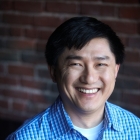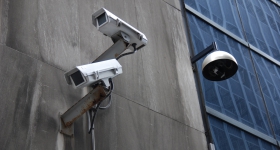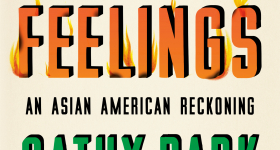UC enacted the policy a couple of months ago, but an Associated Press story published Friday put it back in the news.
"I like to call it affirmative action for whites," Ling-chi Wang, a retired Asian American Studies professor at the University of California, Berkeley, told the Associated Press. "I think it's
extremely unfair to Asian Americans on the one hand and
underrepresented minorities on the other."
That's a bold statement, and if the projections of fewer Asian American and more white students are true, this will surely become a contentious issue for years to come. Get a flavor of this in the comments on SFGate.
UC says it's trying to widen the pool of applicants, and perhaps, to get around slyly a state law that forbids the use of race as a factor in admissions. But, as the article says, it could also be an effort to cut down the number of Asian Americans. If you're the group getting cut out, naturally you're going to feel it's unfair. There are many who would downplay this because of the perception that Asian Americans, already so numerous at UC, don't need any affirmative action, stealth or not.
California voters passed Prop. 209 in 1996, a constitutional amendment that prohibits state institutions from considering race, ethnicity or gender in employment, education or contracting. Taking race out of the equation in higher education, especially for coveted undergraduate spots in the UC system, has increased the numbers of Asian Americans at the expense of other groups. Do we want that?
Do we want 40 percent of UC's undergrads to be Asian American? Do we want 40 percent to be white or black or Latino or any other group? I think not, but at least here in California, we seem to be creating policies that make it happen. Given that, would you vote for Prop. 209 or something like it?










Comments